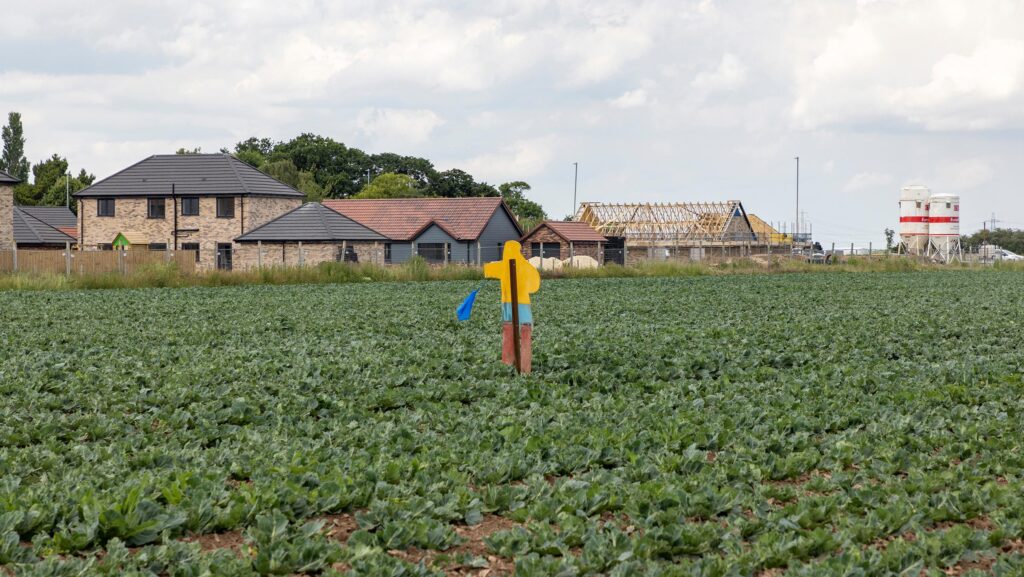Off-site BNG priority is key for policy change, says report
 © GNP
© GNP Biodiversity net gain (BNG) will be better achieved by a policy change to favour off-site mitigation of the damage done by development rather than the current situation where on-site provision is the first call.
This is the thrust of a report compiled by a range of interests including those advising landowners, developers and BNG providers.
Developers are under a legal obligation to survey their sites before building starts and come up with a plan to enhance the biodiversity associated with those sites by at least 10%.
See also: Kent landowner’s BNG project highlights the market’s challenges
The vast majority – an estimated 80-90% – of BNG commitments are set for on-site delivery, but this is rarely monitored or enforced, with long-term liabilities often passed to residents’ associations or management companies, says the report.
Favouring off-site units as a first choice would unlock larger-scale nature restoration, reduce costs and complexity for developers, and accelerate housebuilding, it argues, highlighting the conflict between the twin objectives of restoring biodiversity and the provision of green spaces for those living on developed sites.
The Comparative Value of On-site vs Off-site Biodiversity Net Gain for Restoring Nature wants local planning authorities (LPAs) to promote off-site BNG through their local plans, development management and local nature recovery strategies.
This would deliver a faster, simpler, and more effective route for developers and LPAs alike, it argues.
Compliance and enforcement for on-site BNG should also be strengthened to ensure delivery and rectify failures, with LPAs being held more accountable for monitoring and enforcing on-site BNG, it says.
If on-site BNG is retained, then it must meet the same standards as off-site delivery, in terms of transparent registration, secured 30-year funding, and professional management, says the report.
The report has been compiled by Prof David Hill CBE, who has held many environmental appointments and founded Environment Bank; Jason Beedell, rural research director at Strutt & Parker; Rob Hindle, executive director of property management consultant Rural Solutions; Nina Pindham of Cornerstone Barristers; and Neil Beamsley, group head of biodiversity at developer Bellway Homes.
